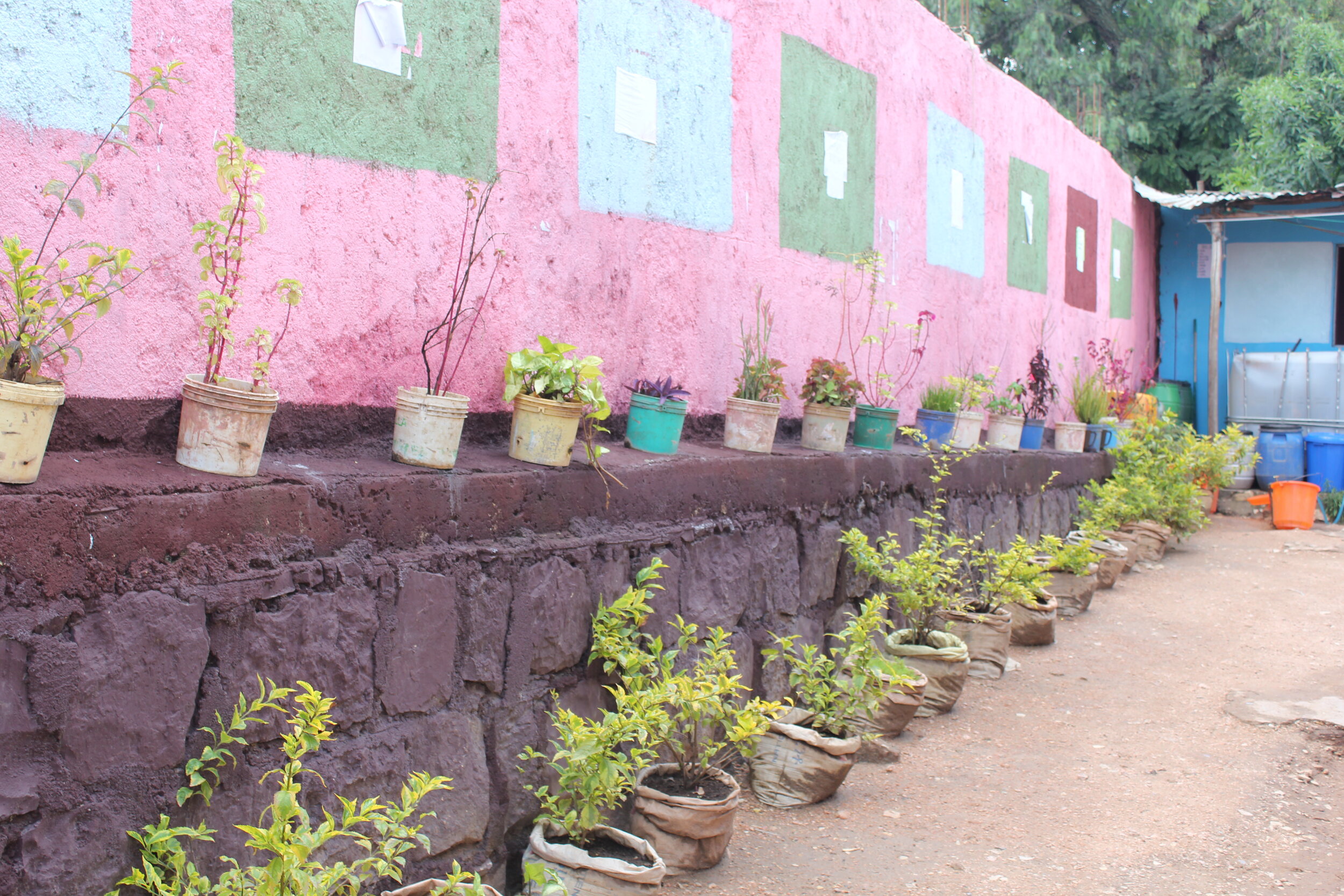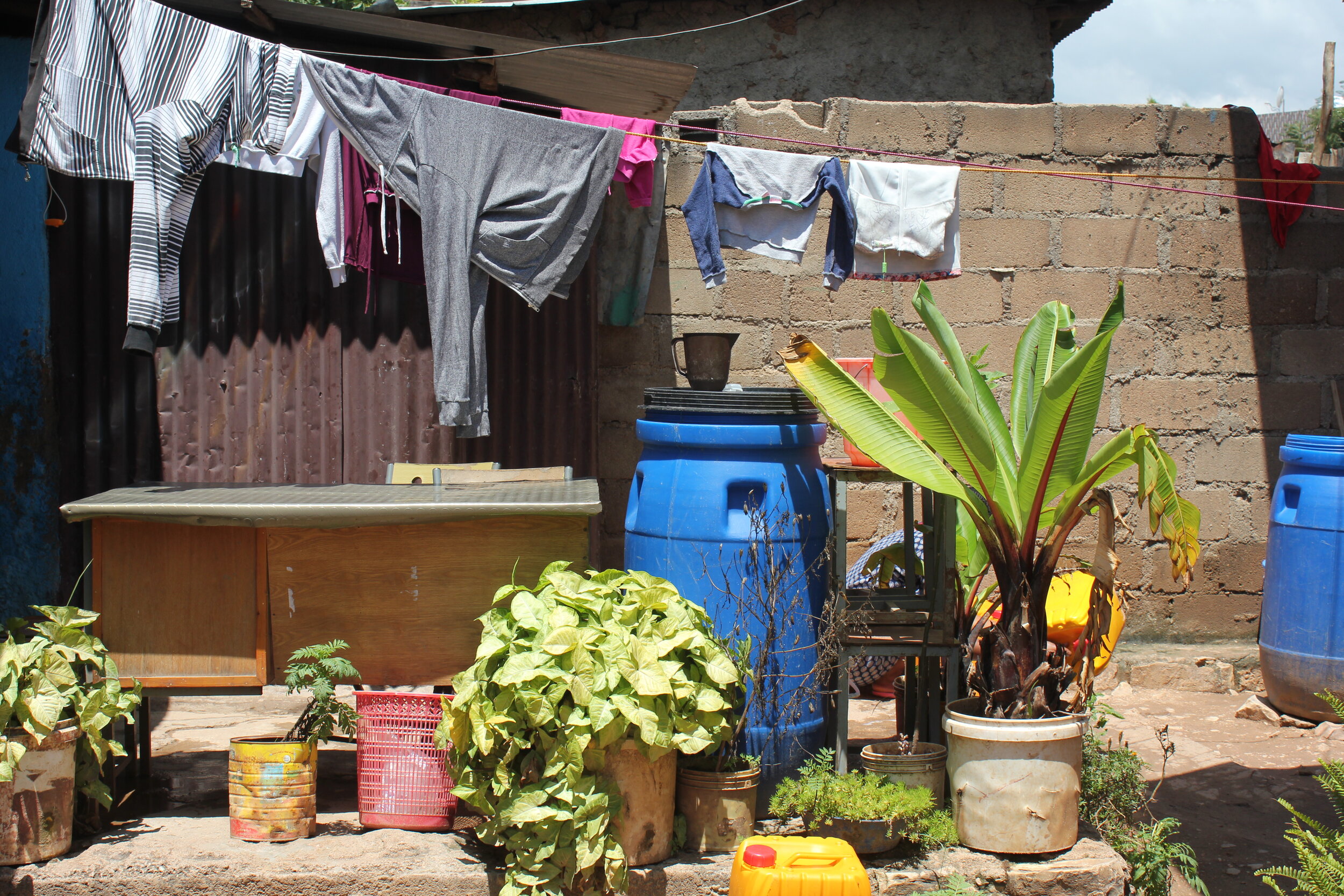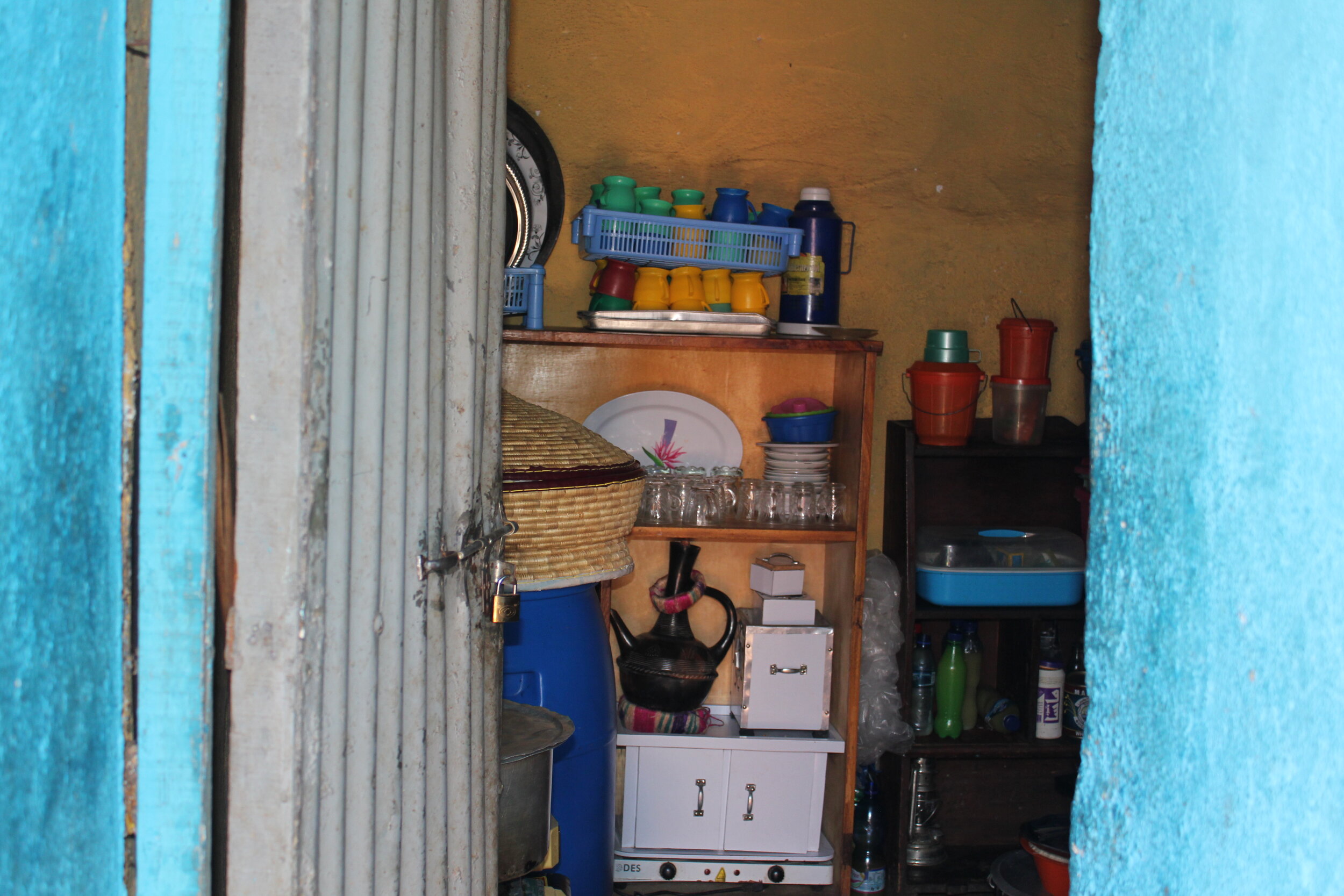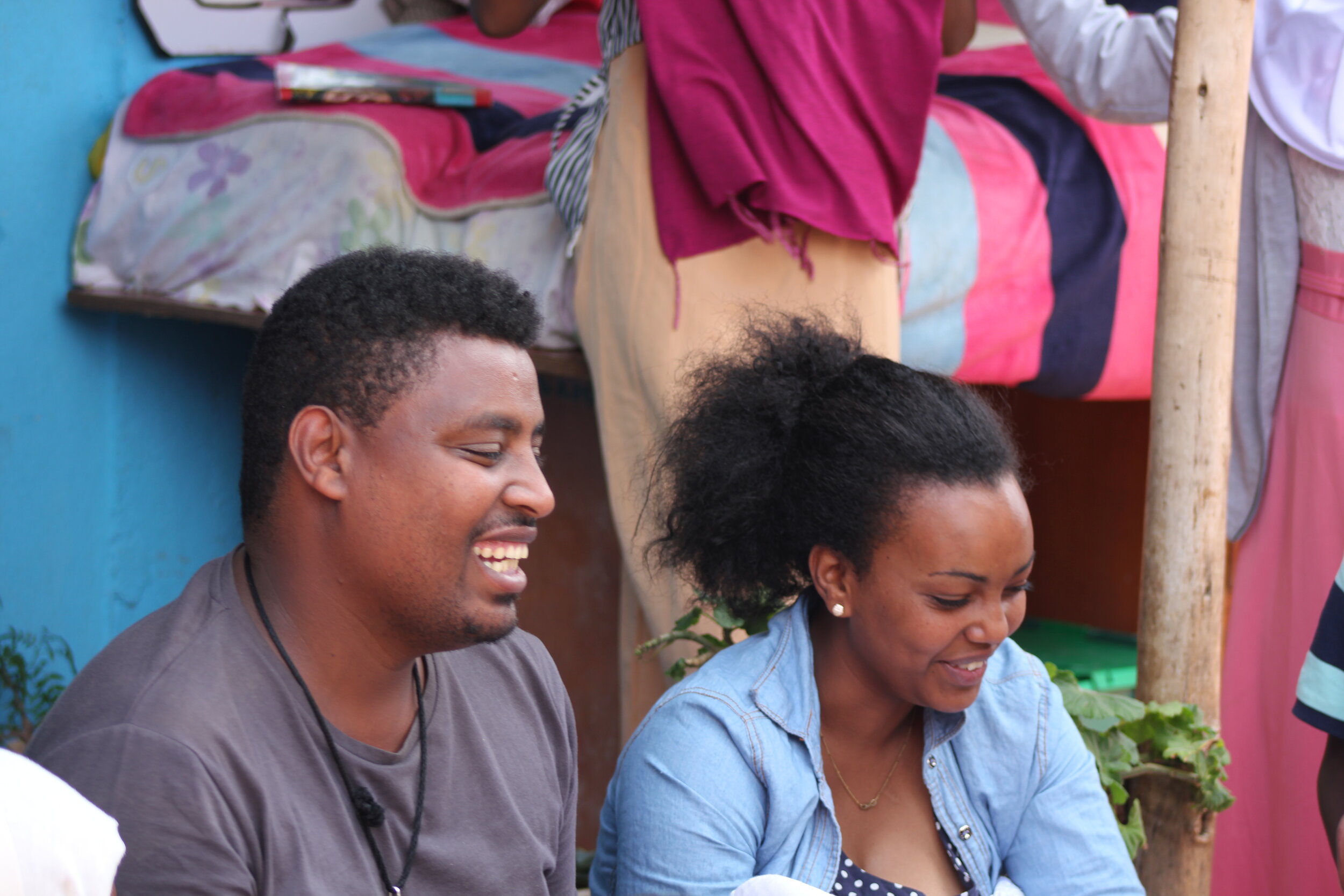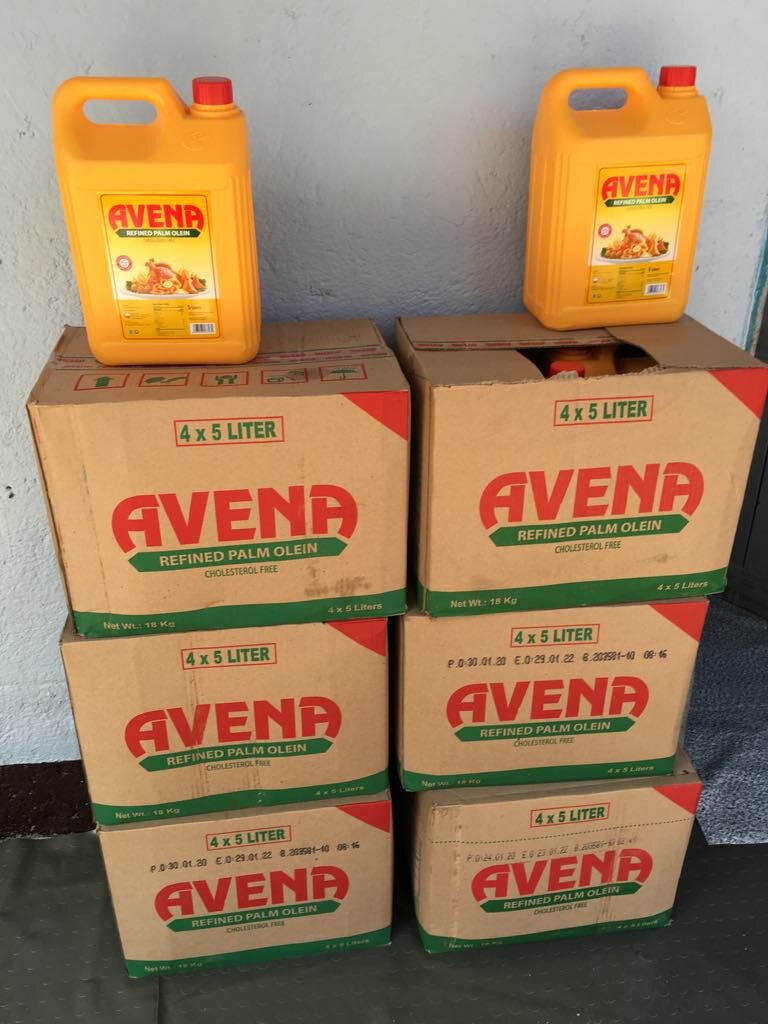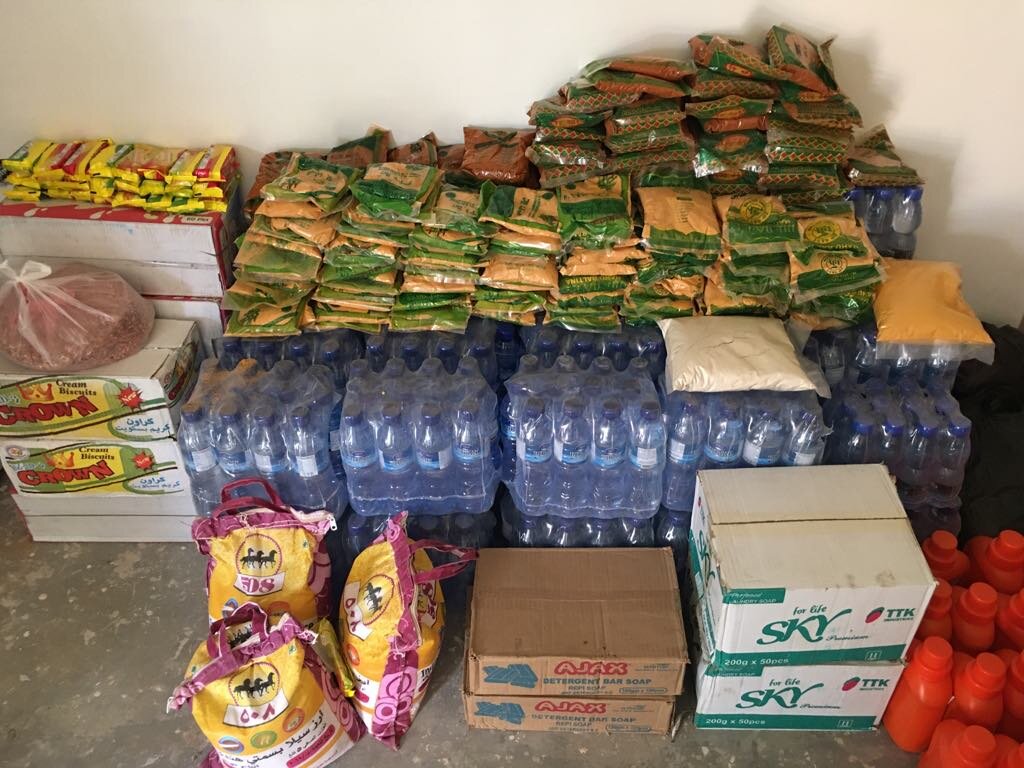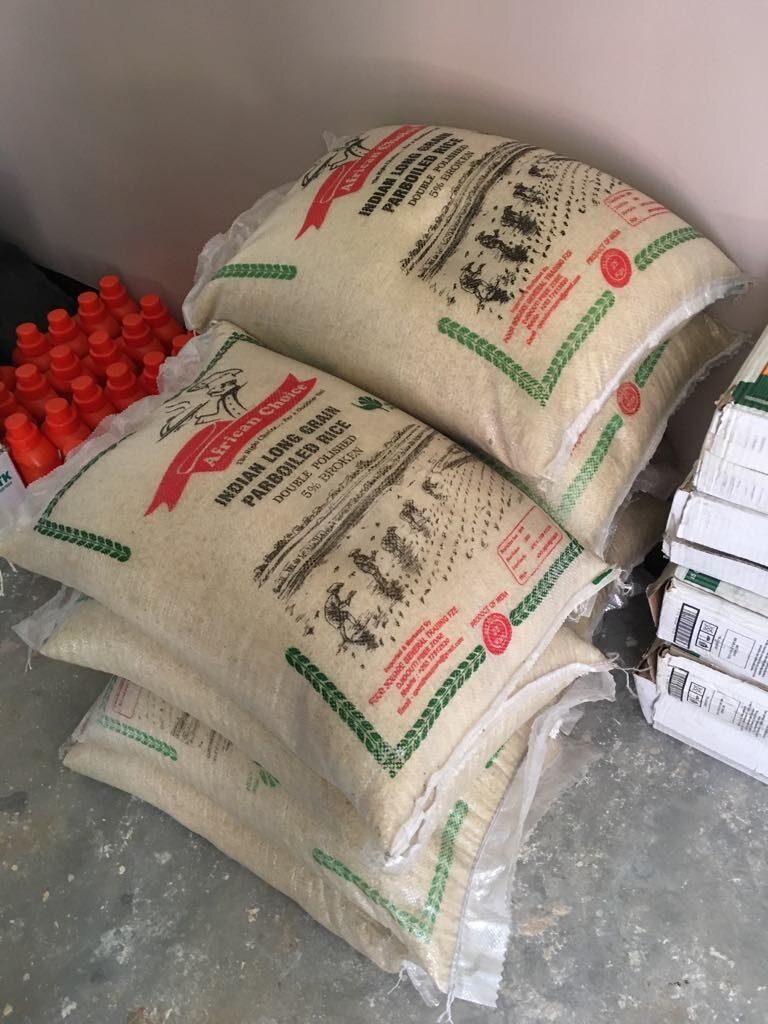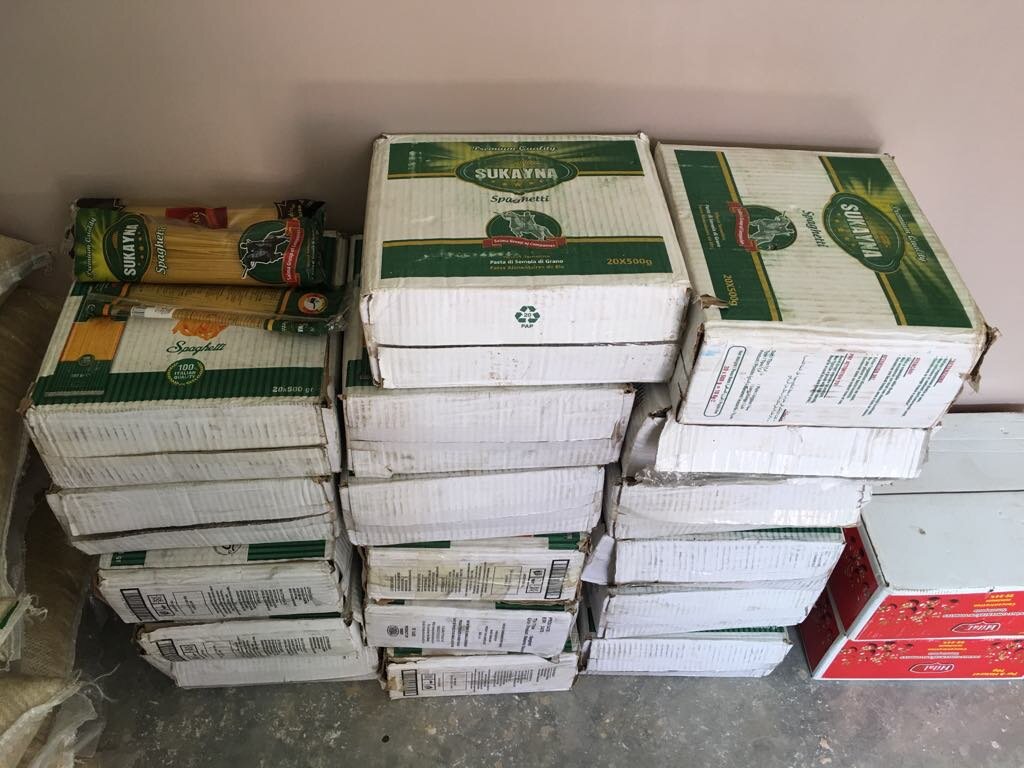When we opened the metal gate and walked into the shelter in Harar, Ethiopia, we were in awe.
Vibrant pink, blue and green-painted walls, rows of cute planted pots, and meticulous grounds. It’s home to dozens of children who have nowhere else to go or no one able to take care of them.
And all of it stems from one man, a guy who lived a hard life, and had a vision to make sure kids like him could travel a better path.
“I lived on the street from age seven to 17. That’s why I established this organization,” Tesfa told us. And he was more than willing to share.
“If my story could help others, that would make me so happy. I am not ashamed of the life I have lived.”
Tesfa works just one week of every month, selling items in Djibouti, a big trading hub in East Africa. The rest of the time, he’s at the shelter in Harar, keeping it running, caring for the children, and ensuring their needs are met.
He isn’t paid for any of that work. He’s dedicated his life to it anyway.
There are 90 children in his care.
“I am with them until the end of their success,” Tesfa told us. “Some who don’t have family think of me as their father. I am with them to the end - they may even need a grandfather,” he said with a smile.
He’s turned personal heartbreak and tragedy into something beautiful.
When Tesfa was a young boy, his mother died. His father had left years before, and he had no other family to look after him. He ended up living on the street, selling khat (pronounced chat) to businessmen and asking if they had any work for him.
Khat is a plant that’s chewed or brewed into tea so people can experience its high, which is similar to amphetamines. It’s been used spiritually and socially for many, many years and is sold at busy, bustling markets, largely in east Africa.
“Street life is very difficult,” Tesfa said. He honed his communciation skills by talking to people and looking for odd jobs.
And his inner determination was never dimmed. Even while homeless, Tesfa was volunteering and raising money to help fellow street children. His goal was often to buy schoolbooks.
At one point, he ended up in jail, after a raid to clear out all the children and folks living on the street. He told us how he pleaded with the guards for a break to write his Grade 8 exam, a three-day affair that can help determine a child’s future.
“I was granted a reprieve to take the exam, and then went back to prison. That’s how life is on the street,” he told us.
Later in life, when he was a teenager, Tesfa’s father found him. He was a wealthy man who had other children. Living with his dad didn’t go well, Tesfa said. They couldn’t relate to one another after so many years apart.
“I was hurting psychologically. They didn’t really accept me as their own.”
He was hesitant to go back to the streets, especially because others there knew of his newfound family money. Instead, he moved out on his own to chart his own path. He built his own kind of family.
The shelter is more than just a place to stay. It’s beautiful, it’s safe, it’s homey. And Tesfa has built an incredible network, convincing local merchants, business owners and townspeople to contribute to his project.
Most can’t offer money, but they give services - a barber cuts the boys’ hair, a hotel offers up leftover food. That in-kind donation is almost unheard of in Ethiopia. We were absolutely amazed by Tesfa’s system.
The global pandemic rocked the shelter, though, as it did many non-profits and social projects. Tesfa’s community support simply dried up. Everyone was scared to contract the virus, and many local people lost their source of income.
He reached out to Mothers with a Heart for Ethiopia, currenlty the shelter’s only international supporter, for help.
You responded.
Tesfa sent videos of thanks when the donations started flowing, showing off the food and cleaning supplies donors helped to purchase.
These are children who have been through unimaginable trauma, just like Tesfa. They’ve slept in doorways, been beaten by shopowners, robbed of what little they have, and lived in fear of government officials and police and people on the street who are bigger and stronger and also fighting for survival.
Tesfa, even when he was a homeless 10-year-old, was a leader. He helped his friends on the street to stay engaged and seek an education. Some graduated university thanks to his help.
Now, he’s ensuring that hundreds of vulnerable children don’t have to go through the same struggles he did.
And more than just providing clothing or food or a roof overhead, he’s built a home.
“If the 90 children are going to succeed, we have to be a family. If one is sck or in trouble, the 90 will contribute their skills to help,” he said.
We are so inspired by Tesfa’s work, and the amazing gifts he offers these children. Thank you, Tesfa, for sharing your life journey with us and reminding us of the good in the world.


